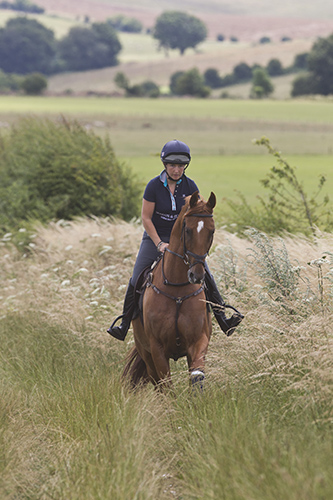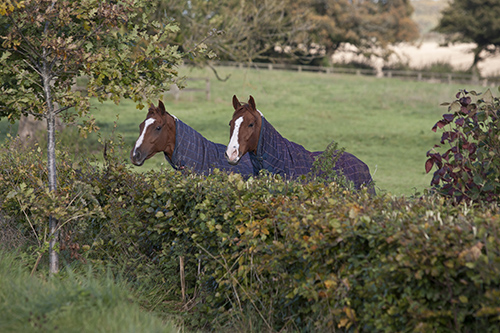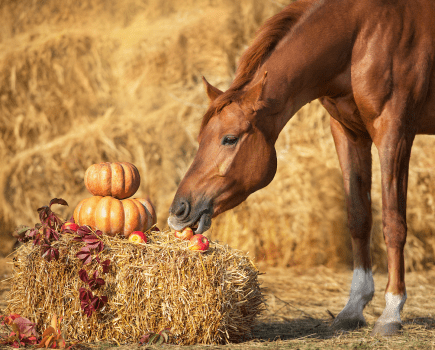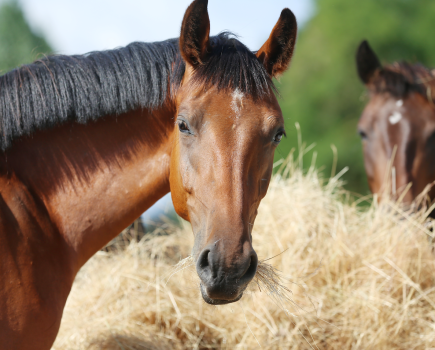Discover how to best feed your horse for his temperament with this expert advice from Dodson & Horrell Nutritionist Sarah Kearney.
All horses have an embedded flight instinct and so in certain situations this can lead them to become stressed and anxious, sometimes leading to the development of unwanted behaviours such as barging, bolting, bucking, rearing or biting. This can be down to a number of factors including previous unpleasant experiences, management, feeding, genetic influences or environmental changes; however the key to solving the problem is to find the trigger point for your horse and take the appropriate steps to regain equilibrium.
Has your horse’s behaviour changed?
Firstly take a step back and ask yourself some key questions such as ‘When did this behaviour begin?’ and ‘Did it coincide with any changes that I made to my management routine?’ Sometimes the answer can lie in a simple place, for example your horse does not like to live on its own, leading to increased anxiety levels and making them difficult to ride. Whilst this may not be quick to solve you can work with the issue as you know where the behaviour is stemming from.
Is his diet the problem?
It’s also important to remember that your horse’s diet may be affecting its behaviour and that dietary needs constantly adapt throughout the year due to natural fluctuations in their forage source and therefore hard feed needs to be adjusted accordingly. Dodson & Horrell’s helpline often gets calls during the early spring months from people struggling with horses that are suddenly over excitable and a little difficult to handle and quite often it coincides with the beginning of grass growth.
The spring flush of grass is naturally higher in sugar and calories, which for example if you are feeding a conditioning mix to maintain the weight through the winter, all adds up to a high calorie and therefore high energy diet that may be exceeding the requirements of that horse, leading to exuberant behaviour. If this is the case then determine what you need from your horse at the current time, if workload decreases or they gain weight then drop down to a lower calorie feed or reduce the amounts of your current feed and ‘top-up’ with a good quality balancer, which offers lower levels of calories but ensures your horse is getting a balanced level of vitamins and minerals. It is also usually a good idea to look for a feed that is high in fibre, providing lower amounts of starch and sugar if your horse is prone to displays of exuberance.
 For the hard working horse
For the hard working horse
If you have a horse that is working hard or needs to gain weight but is sensitive to higher levels of starch and sugar, a typical conditioning feed may not be appropriate for them. Most feed companies offer a low starch alternative to a conditioning or competition feed. These will typically contain oil (usually soya or linseed) and are a great way to include a real boost of slow releasing calories into the diet, providing over two times as much digestible energy as the same amount of a cereal.
Can’t find the root of the problem?
If there just seems to be no reason for the exuberant behaviour and all management and feeding options have been explored then feeding a calming supplement is usually a popular option. There are an abundance of products on the market and so it is important to remember that what works for one horse may not necessarily work for another, leading to a little trial and error when finding the one for you. If you are thinking of adding in a calming supplement into your horse’s diet then do contact a helpline to discuss.
For further information please visit the Dodson & Horrell website www.dodsonandhorrell.com or call the free helpline on 0845 345 2627 to speak to one of our friendly, expert nutritionists.









